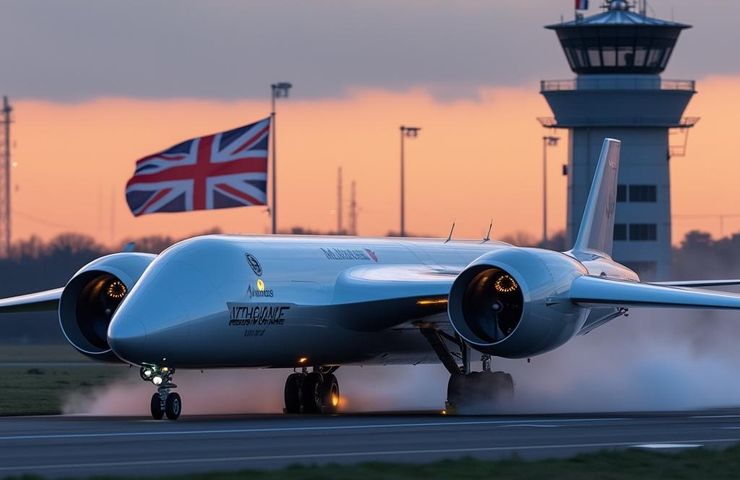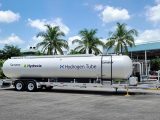
Oxford-Led £9.5M Breakthrough Project to Advance Cryogenic Hydrogen for Zero-Emission Aviation
June 25, 2025Oxford University has just kicked off an exciting new project: a £9.5 million research initiative focused on using cryogenic liquid hydrogen (LH2) to power aircraft turbines. The big idea? To help pave the way for zero-emission flight solutions and give air travel a sustainable, eco-friendly future.
Big names, big ambitions
The project is backed by the UK’s EPSRC and brings some serious muscle with it—think Rolls-Royce, Airbus, Boeing, and ZeroAvia all in the mix. They’re joining forces with top research universities to tackle the real-world challenges that come with using liquid hydrogen in aviation—from safe and efficient hydrogen storage to managing combustion and overall reliability.
Officially launched at Oxford Thermofluids Institute
The initiative was officially launched on June, 2025, at the Oxford Thermofluids Institute, marking a major step forward for the UK’s push into clean aviation. Alongside developing fuel systems that can handle hydrogen, researchers are also exploring fuel cell alternatives—all in an effort to make sustainable energy a reality in the skies.
More than just research—it’s a movement
This isn’t just about designing engines. It’s part of a much bigger movement, as the Civil Aviation Authority works to create new certification frameworks specifically for hydrogen-powered aircraft. If this all comes together, it won’t just change how planes are built—it could lead to major upgrades at airports, open up thousands of new jobs, and position the UK as a global leader in zero-emission technology.



 With over 15 years of reporting hydrogen news, we are your premier source for the latest updates and insights in hydrogen and renewable energy.
With over 15 years of reporting hydrogen news, we are your premier source for the latest updates and insights in hydrogen and renewable energy.